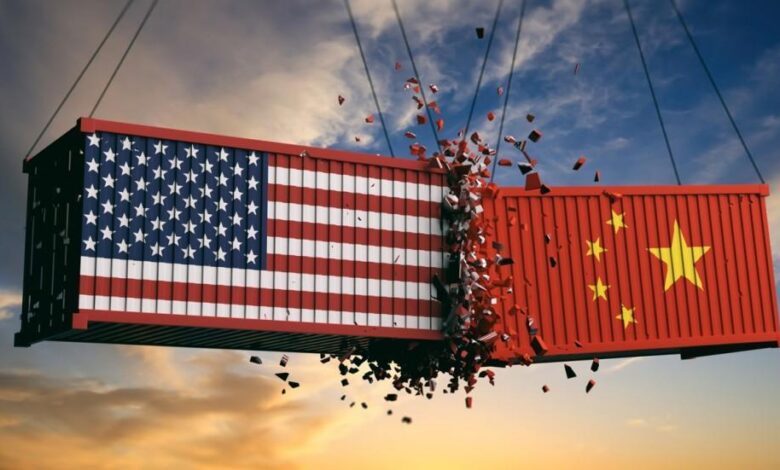United States – China: Towards a Commercial De-escalation After Constructive Talks in Geneva

Significant Progress in U.S.-China Trade Talks
After two days of what were described as "constructive" discussions in Geneva, American and Chinese negotiators have agreed to establish a "commercial consultation mechanism" aimed at easing the tariff war between the two economic powerhouses. This announcement was made on Sunday evening by Chinese Vice Premier He Lifeng.
He, who oversees economic and trade relations with the United States, heralded this as a major breakthrough: “Both sides have taken an important step toward resolving their differences through fair dialogue and consultations,” he stated, as reported by Xinhua news agency. A joint communiqué is expected to be released on Monday, outlining the continuation of consultations on mutually beneficial issues.
Chinese state television, CCTV, characterized the exchanges as "frank, in-depth, and constructive," highlighting "substantial progress" made between the two parties.
In Washington, U.S. Treasury Secretary Scott Bessent confirmed significant advancements as well. U.S. Trade Representative Jamieson Greer, who also participated in the talks, praised the "very constructive" nature of the negotiations.
President Donald Trump expressed his approval on Saturday, noting "great progress" and referring to a "total reset" that was negotiated in a manner that was “friendly but constructive.”
Ngozi Okonjo-Iweala, the Director-General of the World Trade Organization (WTO), expressed her satisfaction with this development, labeling the discussions as an "important step" and a "positive signal for the future."
The negotiations, held at the residence of the Swiss ambassador to the United Nations, marked the first direct encounter between American and Chinese officials since the onset of the trade war, which has seen reciprocal tariffs exceeding 100%.
Despite ongoing tensions, Chinese customs data released on Friday revealed an 8.1% increase in the country’s overall exports in April compared to the previous year, although exports to the U.S. plummeted by 21%, underscoring the significant impact of American sanctions on bilateral trade.






